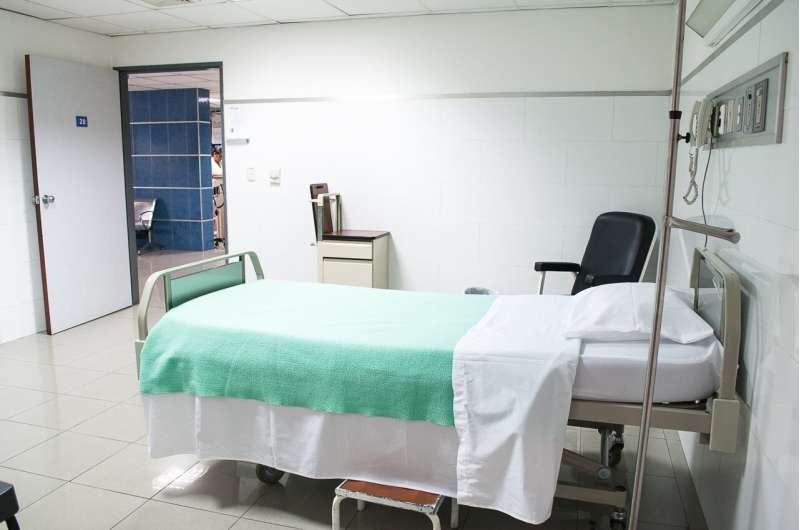Online Course Significantly Enhances Sleep Quality by 40%

A free online course developed by Macquarie University psychologists has shown to improve sleep quality by 40%, offering accessible treatment for insomnia and related sleep disturbances across Australia.
A groundbreaking online program developed by psychologists at Macquarie University has demonstrated remarkable effectiveness in improving sleep quality among diverse populations, including those with long-term insomnia and other health conditions. Now accessible free across Australia, this eight-week, self-paced course leverages evidence-based techniques to help participants modify detrimental sleep behaviors.
Statistics reveal that approximately one in three Australians struggle with sleep issues, whether it's difficulty falling asleep or frequent nighttime awakenings. The course employs cognitive behavioral therapy for insomnia (CBT-i), a highly regarded and scientifically supported treatment that targets maladaptive thoughts and behaviors disrupting restful sleep.
Despite its proven efficacy, there are limited trained psychologists delivering CBT-i in Australia—estimated at only about 30 full-time practitioners. To address this gap, the university’s digital mental health service, MindSpot, offers this innovative online solution, broadening access to effective insomnia treatment.
The program includes lessons covering sleep restriction therapy, a core component of CBT-i that involves narrowing the time spent in bed to increase sleep efficiency. Participants learn to respond to wakefulness with calmness rather than frustration, which reduces the negative association with sleeplessness. Notably, the course focuses on changing perceptions about sleep, emphasizing the quality and consistency of sleep rather than pure duration.
Results from a clinical trial led by Dr. Amelia Scott reveal that all participants experienced an average sleep quality improvement of 40%. Even individuals taking sleep medications gained benefits, though to a lesser extent. Participants reported better sleep consolidation, with more sleep in longer blocks and less time awake in bed. Additionally, the trial observed a 35% reduction in depressive symptoms and a 23% decrease in anxiety symptoms, underlining the intertwined relationship between sleep and mental health.
A diverse participant group, including an 85-year-old woman who reported moving from decades of insomnia to enjoying a solid seven-hour sleep period, showcased the course’s broad applicability. While total sleep duration remained relatively unchanged, the quality and continuity of sleep improved significantly.
Dr. Scott emphasizes the importance of adjusting attitudes toward sleep, encouraging people to focus on how they respond to wakeful periods rather than striving for an ideal number of hours. Practical tips include going to bed only when sleepy, rising at a consistent time, avoiding napping, enjoying morning sunlight, and managing nighttime worries through scheduled 'worry time.'
This accessible and evidence-based course represents a significant step forward in addressing sleep issues on a large scale, promoting healthier sleep habits and overall well-being for Australians.
Stay Updated with Mia's Feed
Get the latest health & wellness insights delivered straight to your inbox.
Related Articles
Research Links Sensitive Personalities to Increased Mental Health Risks
A new study reveals that highly sensitive individuals are at greater risk for mental health issues like depression and anxiety, emphasizing the importance of tailored interventions such as mindfulness and emotional regulation techniques.
Rise of Psychiatric Beds in For-Profit Chains Amid Decline at Public Hospitals
A new study shows that while total inpatient psychiatric beds remain stable, the ownership and location have shifted heavily toward large for-profit chains, raising questions about care quality and safety.



